A protest song is a reactionary or a supportive song, created either in remembrance of a past event or to support a current movement. The protest songs are meant to break a status quo and to bring social change. Protest songs were created to support movements such as the movements to end slavery, to gain the right to vote, to participate in socio-political affairs without discrimination, to refrain from meat, and to refrain from the use of all animal products. The genre of protest songs exists in almost every culture. Dr. Martin Luther King, Jr. recognized the importance of such songs and said, ‘They invigorate the movement in a most significant way… these freedom songs serve to give unity to a movement.’ Sometimes what is apparently an love song may be in fact a protest song, like Goodnight Irene, which was written by the black convict social outcast Leadbelly.
1. We Shall Overcome
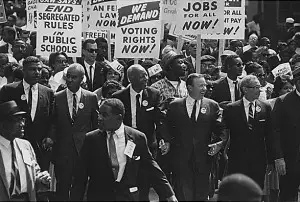
We Shall Overcome was the key protest song during the Civil Rights movement in the period between 1955-1968. Though it began in churches, the song inspired people all around the world. We shall overcome are considered some of the most influential words in the English language. The roots of the song are traceable to the early twentieth century African-American hymns. Tobacco workers of Charleston used it for the first time as a protest song during their strike. Twenty two year old Joan Baez sung the song to a crowd of 300,000 at the Lincoln Memorial during A. Philip Randolph’s March on Washington in August 1963. The charismatic lyrics of the song include:
‘We shall overcome
Oh, deep in my heart
I do believe
We shall overcome some day’¦
We’ll walk hand in hand’¦
We shall all be free some day’¦
We are not afraid some day’¦
We are not alone some day’¦
The whole wide world around some day’
2. The Cutty Wren
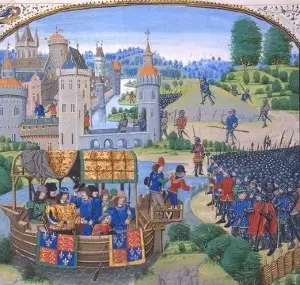
The Cutty Wren is an English folk song with Irish, American and French versions. The American version replaces the wren by a squirrel, rat, or some other small animal. According to English Rebel Songs 1381-1914, The Cutty Wren was written in fourteenth century but the earliest known text is from the Scots Songs 1776. The Marxist scholar A. L. Lloyd claimed that song was in fact a coded anthem against the feudal oppression and was traceable to the English Peasants’ Revolt of 1381. The Welsh version The Brethren Three is considered a lullaby. No title is given to the song written by Herd and the 1776 song contains the wording:
‘Will ze go to the wood? quo’ Fozie Mozie’¦
What to do there? quo’ Johnie Rednozie’¦
To slay the Wren, quo’ Johnie Rednozie
To slay the Wren, quo’ Foslin’ene
To slay the Wren, quo’ brither and kin’¦’
3. Power and the Passion
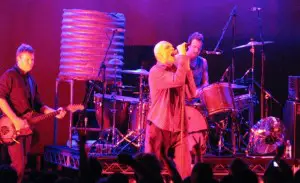
Power and the Passion was the second single by Midnight Oil from their famous 1982 studio album. Midnight Oil was an Australian alternative rock band, comprising of Rob Hurst, Andrew James, Jim Moginie, and Peter Garrett. In May 2001, the Australian Performing Right Association named Power and Passion as one of the top thirty Australian songs of all time. Its lyrics include:
‘Nothing they say makes a difference this way ‘¦
Oh the power and the passion
Oh the temper of the time
Oh the power and the passion
Sometimes you’ve got to take the hardest line ‘¦
You take what you get and get what you please
It’s better to die on your feet than to live on your knees’
4. A Walk in the Light Green
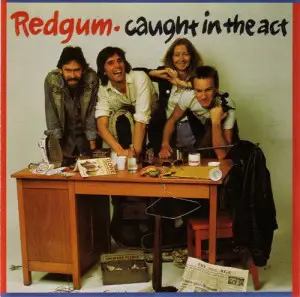
A Walk in the Light Green was performed by Redgum’s Schumann, while the veteran Frank Hunt was on stage. It was sung in Sydney on October 3, 1987 at the Welcome Home Parade of the Australian Vietnam Veterans. The song lyrics include:
‘Mum and Dad and Denny saw the passing-out parade at Puckapunyal’¦
This clipping from the paper shows us young and strong and clean’¦.
And what’s this rash that comes and goes, can you tell me what it means?
God help me, I was only nineteen.
Then someone yelled out “Contact!” and the bloke behind me swore
We hooked in there for hours, then a Godalmighty roar
Frankie kicked a mine the day that mankind kicked the moon,
God help me, he was going home in June.’
5. And the Band Played Waltzing Matilda
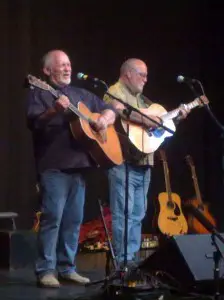
The song, And the Band Played Waltzing Matilda, was written by Eric Bogle in 1971.The song projects the futility and cruelty of wars and criticizes its proponents. The protagonist of the song was a rover before entering into war as a young Australian soldier. In the ordeal at Gallipoli, he lost both his legs and had seen numerous soldiers being slaughtered mercilessly. The song utilizes lines from Waltzing Matilda, which is the most famous Australian bush song and sometimes referred to as Australia’s unofficial national anthem. The Australian Performing Right Association, at the occasion of its 75th anniversary celebrations, named And the Band Played Waltzing Matilda as one of the Top 30 Australian songs of all time.
6. Keep Your Eyes on the Prize
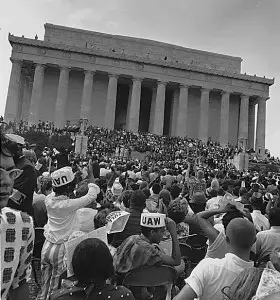
Keep Your Eyes on the Prize was an influential folk song during the Civil Rights Movement. It is derived from the traditional song Keep your Hand on the Plow. The notable 1987 documentary relating to the Civil Rights movement, Eyes on the Prize, was named after this song. Lyrics of the song are:
Paul and Silas bound in jail
Had no money for to go their bail
Keep your eyes on the prize, hold on, hold on.’¦
The only thing that we did wrong
was staying in the wilderness too long’¦
The only thing that we did right
was the day we begun to fight
Keep your eyes on the prize, hold on, hold on.
7. Sexo
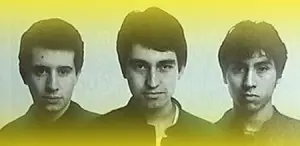
Sexo is a recent song, known for supporting sexual liberation. It appeared in the debut album by Chilean rock band Los Prisioneros. It was rated number three according to the magazine, Rolling Stone. Lyrics of the song include:
It’s like the ocean baby
You make me feel so sexy’¦
You turn me on
My love is on and on and
You touch me makes me crazy
I feel your body and me
It’s like the ocean at sea
My love is never ending
You and me
It’s like a dream my baby
Amore, sexo
Amore, my love is on and on and on
8. Pins and Needles
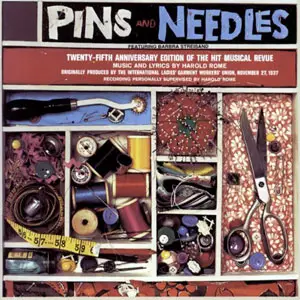
Pins and Needles is a protest song originally written for a small theatrical production. Members of the International Ladies Garment Workers Union, who were on strike, performed it for for entertainment. Lyrics of the song include:
”¦When you push on glass, it’s bound to break
Accept this confession! …I’m walking on pins and needles
You’re not my possession! …I’m walking on pins and needles
My conscience is vicious! …I’m walking on pins and needles
And I’m begging forgiveness! …I’m walking on pins and needles
I never walked so far on a lonely street,
With no one there for me’¦’
9. Ode to Joy
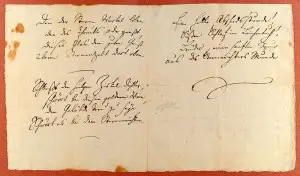
Ode to Joy is an abstract protest song, because it may apparently give a feeling of status quo, but its intrinsic quality is opposition to injustice in support of universal brotherhood. It was written by a German poet Friedrich Schiller in 1785 and is best known for its musical setting by Ludwig van Beethoven. Its lyrics include:
O friends, no more these sounds!
Let us sing more cheerful songs,
more full of joy!
Joy, bright spark of divinity,
Daughter of Elysium,
Fire-inspired we tread
Thy sanctuary.
Thy magic power re-unites
All that custom has divided,
All men become brothers
Under the sway of thy gentle wings.
10. Goodnight Irene
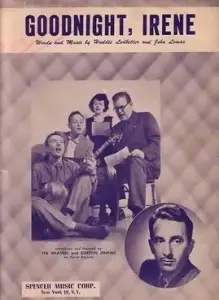
Goodnight Irene is a protest song, written by a black convict and recluse, Leadbelly.The lyrics relate to the troubled past of a singer with his love, expressing sadness, frustration, and his suicidal trends. The lyrics include:
Sometimes I live in the country,
sometimes I live in town
Sometimes I take a great notion,
to jump into the river and drown
I love Irene, God knows I do,
I’ll love her till the seas run dry
But if Irene should turn me down,
I’d take the morphine and die
Conclusion
Usually a protest song is evident by its text; as Phil Ochs once explained, a protest song is only too significant to be ever mistaken. Sometimes, though, protest songs may be shrouded in the haze of abstraction, understood very clearly by the supporters of a movement but not so clearly by the opponents or indifferent people. Protest songs are very effective in changing culture, which is an arduous and uphill task for anyone to do.










Leave a Reply